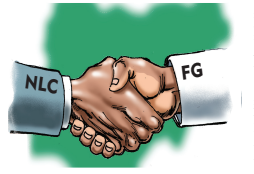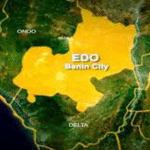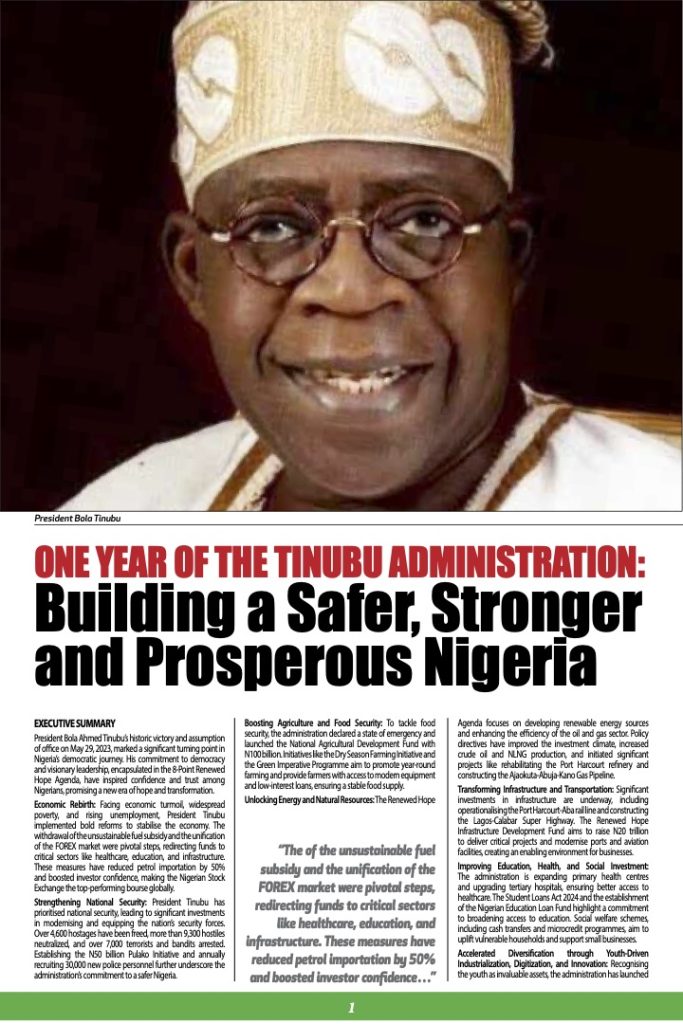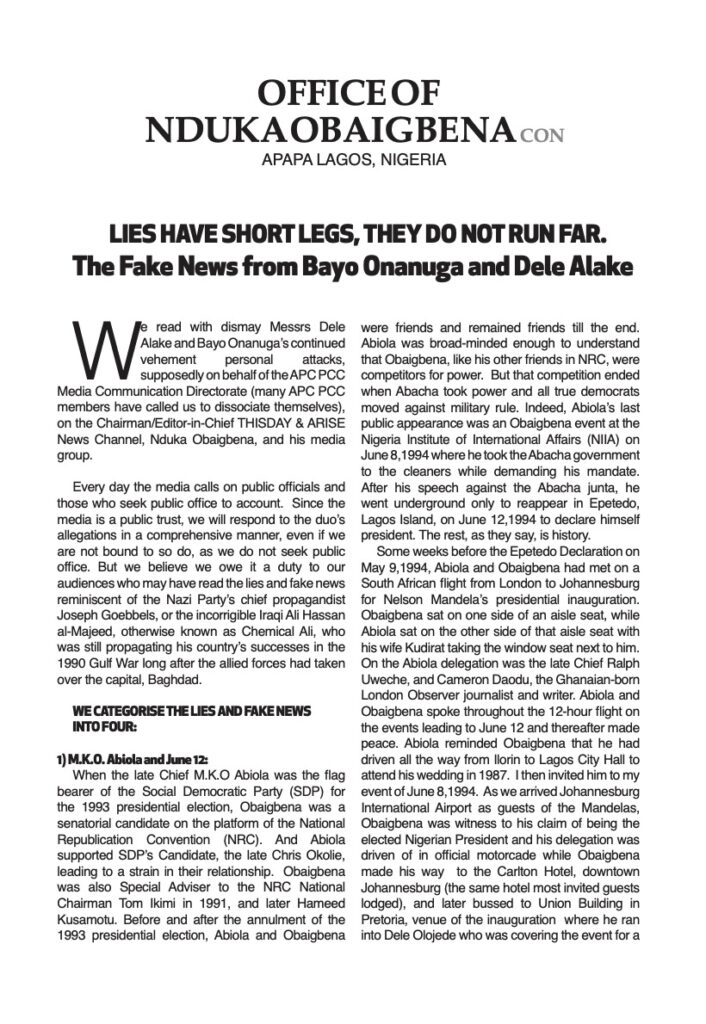Latest Headlines
BEYOND THE NEW MINIMUM WAGE

The agreement between government and labour on minimum wage is commendable
After series of negotiations that ended with the personal intervention of President Bola Tinubu, the federal government, Organised Private Sector (OPS) and labour leaders have settled for N70,000 as the new national minimum wage in the country. Explaining why they accepted the offer, the Nigeria Labour Congress (NLC) president, Joe Ajaero said the president promised incentives that would lessen the burden that workers are currently passing through, “but you can see that we are taking this with mixed filling because of the situation of the economy.” The Trade Union Council (TUC) president, Festus Osifo added that part of the compromise reached includes a reduction in the number of the years in which the minimum wage would be reviewed (from five to three) because of the rate at which both micro and macro economic indices change in the country.
With the agreement of N70,000 per month, we expect the president to send a bill to the National Assembly to repeal and replace the subsisting N30,000 minimum wage, which came into effect in 2019. But we must commend all the stakeholders who participated in the process that led to a consensus on the issue. Beyond the fact that the last minimum wage came into effect five years ago, the removal of fuel subsidy and floating of the Naira exchange rates have triggered higher inflation and general increase in costs of living, including prices of food items.
One of the grounds often advanced to support review of wages in the country is that the workforce is comparatively in the category of the least paid in Africa. So pitiable is the take home salary of a Nigerian worker that it pales in comparison to what workers in Ghana, Kenya, South Africa and Angola earn in the salary equation. Even the currently proposed minimum wage of N70,000 (less than 50 dollars) per month is not enough for a decent living.
Meanwhile, a minimum wage is the lowest amount of salary that employers of labour, whether in the private or public sector, can legally pay their employees so it is not about government. And that is the point often missed in this conversation. That also explains why some of the figures initially touted by Nigeria Labour Congress (NLC) and the Trade Union Congress (TUC) were considered unrealistic. “While it is important to note that socio-economic conditions over the years have rendered the N30,000 minimum wage inadequate, the same conditions have incapacitated many businesses, fatally affecting their sustainability and ability to pay,” the Nigeria Employers’ Consultative Association (NECA) and OPS spokesperson on the minimum wage negotiation, Adewale-Smatt Oyerinde, had argued.
However, we must note that given the meagre internally generated revenue (IGR) by most states, it is apparent that only a few of them can comfortably pay the new minimum wage. Therefore, labour leaders must isolate the peculiarity and operating environment of each state in the coming weeks and months. We have always argued that state governments should be at liberty to negotiate what they can pay with their workers. That, of course, is not a licence for the kind of profligacy that we see in many of the states where governors appoint thousands of idle aides for political reasons.
We are delighted that the government and organised labour have been able to reach a consensus on the issue of minimum wage. Incessant strikes are hugely inimical to the health of the economy and, in many ways, disruptive of the social order. But President Tinubu must also understand that the living conditions have become desperate for most Nigerians. Amid dwindling resources, the president must not only make deliberate efforts to tackle the challenge of poverty and underdevelopment but must also show greater commitment to transparency and accountability.

















